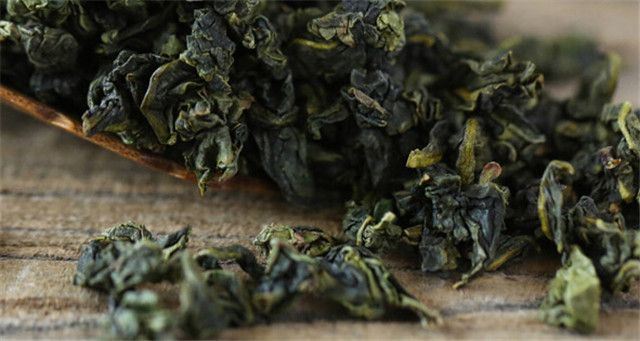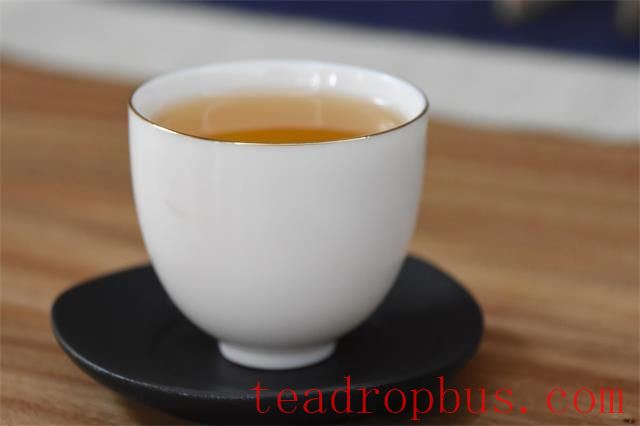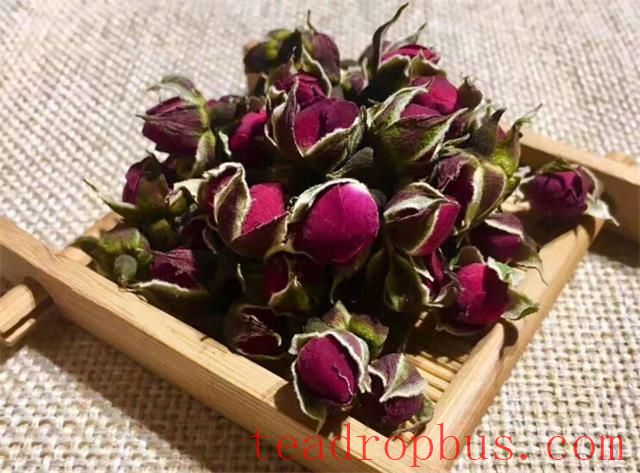Today marks the autumnal equinox. According to traditional Chinese health principles, yang energy begins to recede internally, and the body enters a phase of ‘conservation'. This is when we experience reduced sweating, increased urination, and skin dryness, which are symptoms of what we commonly refer to as ‘autumn dryness'.
Given the dryness, wouldn't drinking more water be enough? Not quite so simple.
Fig.According to traditional Chinese medicine (TCM) theory, our spleen and stomach are the primary organs responsible for metabolizing bodily fluids. Modern diets tend to be high in fat, and with the onset of autumn, when the weather is not yet noticeably cool, there's a tendency to consume cold drinks. This can affect the spleen and stomach, hindering fluid metabolism. As a result, one may still feel parched despite drinking plenty of water, a common manifestation of ‘autumn dryness'.
In addition to early nights and early mornings, eating nourishing foods like Silver ear fungus, Chinese yam, and lotus seeds, maintaining a calm mindset, drinking Tea is an excellent way to alleviate the effects of autumn dryness.
There are two main directions to consider: fragrant teas such as oolong and floral teas, as well as fermented teas like black tea and dark tea.
Oolong Tea
Oolong tea is a partially fermented tea, its nature lying between that of black and green teas. It is neither too hot nor too cold but rather warm and moderate, making it suitable for autumn. It can soothe the throat, promote saliva production, and help clear internal heat.
In addition, oolong tea contains a rich variety of aromatic compounds, a key characteristic that sets it apart from other types of tea. Its scent is invigorating and refreshing, lifting the spirits and bringing joy.
Examples of oolong tea include Tie Guan Yin, Wuyi rock tea, Phoenix single-cone, and Taiwanese high mountain tea.

Phoenix Single-cone Tea
Black Tea
With a high degree of fermentation, black tea has a low stimulating effect on the spleen and stomach, making it a suitable choice for autumn, especially when the temperature drops to cooler levels. Drinking it warms the body and provides comfort.
Varieties of black tea include Lapsang souchong, Golden Eyebrow, Yunnan black tea, Keemun black tea, and Yingde black tea.

Dark Tea
Smooth and mellow, dark tea has a weak stimulating effect and is suitable for consumption throughout the year. Regular consumption helps digest food and nourishes the stomach gently. Drinking dark tea in autumn can provide adequate hydration and promote metabolism, helping to mitigate the effects of autumn dryness.
Anhua dark tea, Yunnan ripe Pu'er, and Guangxi Liubao tea all belong to the category of dark tea.
Jasmine Flower Tea
Jasmine flower tea is typically made in August and September and is still fresh on the market, making it perfect for enjoying now.
Jasmine flower tea, also known as jasmine-scented tea, is created by blending refined green tea with jasmine flowers. The tea combines the fresh fragrance of jasmine with the crisp taste of green tea.
During the transition from summer to autumn, sipping a cup of jasmine flower tea can uplift the spirit, refresh the palate, and clear internal heat.

Rose Flower Tea
Rose flowers have the benefits of soothing the liver, relieving depression, and beautifying the complexion, helping to improve the dryness of the skin in autumn. Rose flower tea has a strong floral aroma, which is beneficial for mood regulation.
Chrysanthemum Tea
The dry climate of autumn can lead to eye strain, particularly for students and office workers who spend long hours in front of screens. Chrysanthemum tea has the ability to clear the liver and brighten the eyes, as well as antibacterial properties.
When brewing chrysanthemum tea, you can add a moderate amount of wolfberry berries. Chrysanthemum and wolfberry tea is effective in improving vision.
Each type of tea can be enjoyed throughout the year if it suits your taste, but Drinking Tea in accordance with the season and adapting to the natural rhythms of the environment can yield better results.
Maintaining a healthy lifestyle is the most important way to manage our own health, and drinking tea is one of the good habits that can contribute positively over the long term. If done correctly and consistently, your body will respond favorably.